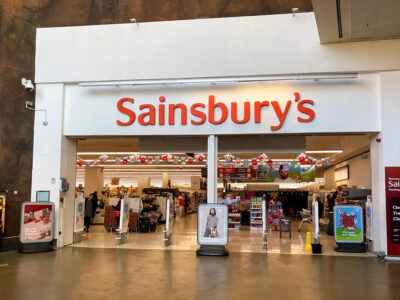Saudi Arabia moved on Monday to create facilities to stockpile basic staples and said it would increase global investments to ensure its long-term food security.
The move comes amid rising food prices which have contributed to a near 30-year high inflation in the world’s largest oil exporter.
The Saudi cabinet asked the Industry and Trade Ministry to swiftly provide land for the construction of warehouses for the stockpiling of foodstuffs by the private sector, the official Saudi Press Agency (SPA) reported.
The cabinet also approved plans to coordinate state and private sector activities and to increase Saudi investments overseas in fisheries, livestock and food production to supply the markets of the desert kingdom of 25 million people, the agency said. It did not give details of the plan.
Saudi Arabia has confirmed plans to import wheat and gradually stop purchases of the grain from local farmers to conserve water, abandoning a 30-year programme to grow wheat that achieved self-sufficiency but depleted the country’s scarce water supplies.
Last month, Saudi Arabia cut import tariffs on food and building materials, after inflation almost doubled in the six months to February. The cabinet cut duties on food products such as frozen poultry, dairy goods and vegetable oils to 5% from about 20%.
RELATED: Saudi slashes customs tariffs
Saudi Arabia has said it is committed to pegging its riyal currency to the dollar, even though the US currency’s persistent decline through record lows against the euro is driving up import costs.
Since December, Saudi Arabia has introduced cost of living allowances for public sector employees, boosted subsidies on rice, baby milk and other products and introduced welfare payments.
The UAE said on Monday it plans to buy farms in Pakistan in a bid to reduce the impact of export bans and spiralling food prices. (Reuters) RELATED: UAE turns to Pakistan to stave off food crisis




